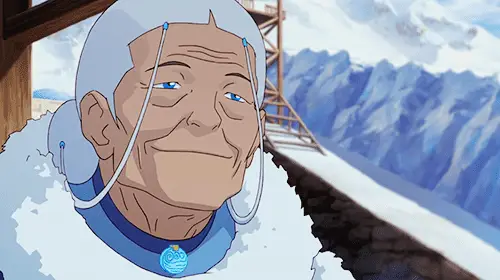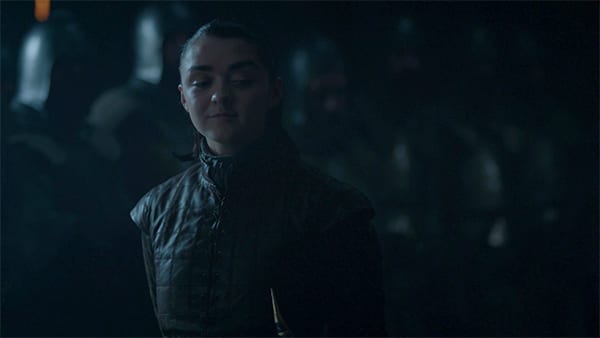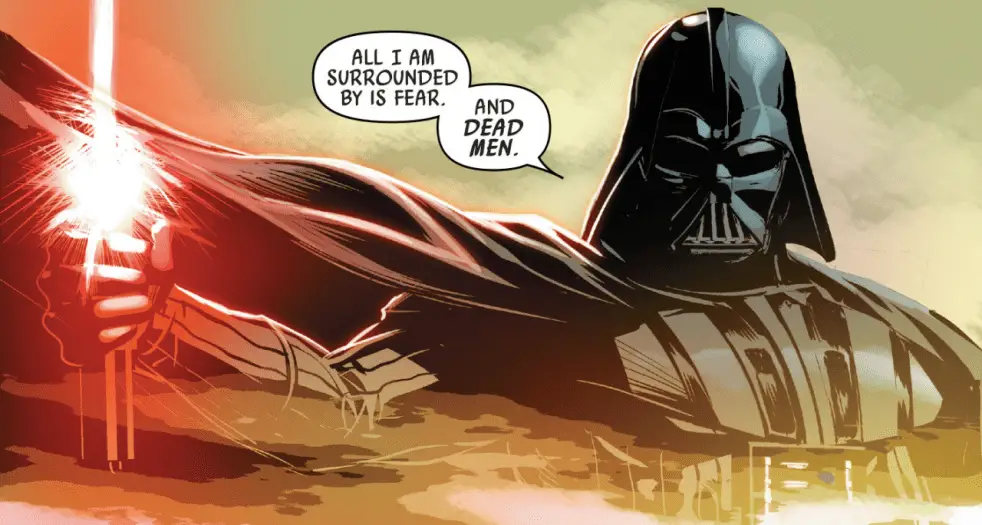A fandom meme disease is this thing that happens when creators absorb fandom-born memes and integrate them into their work.
(And so, first things first: sorry that for the duration of this article I’ll use “meme” as if this were a legit term. It is controversial to say the least, but it is shorter to say “meme” than “any idea, behavior, or style that spreads from person to person within a culture”.)
I’m not implying that the creators who do this are somehow bad, or that fandom is somehow bad. Moreover, I don’t believe that fandom-creator interaction is bad. What is bad, then? Let me explain how I see it.
Fandom Meme Creation
Any given fandom is, in my opinion, born when some people contact any given media and start using it as a source of inspiration. Not just a purely artistic inspiration; people may be inspired to write meta-analysis, or to engage in discussions, or to wage a flame war against opponents. All this is normal human reaction on something inspirational. Even flame wars are somewhat natural (still wicked, though; human nature can be wicked, too).
And while acting on their inspiration, people deconstruct the original source and use its metaphorical bricks to build their own work, be it a meta, a fic or an art. The result may be perfectly in line with the original, but usually it is not. It resembles the original, that’s true—but as it went through processing in one’s creative imagination it came out a bit different. Thus, fandom meme is born.
There are millions of those floating on the Internet’s vast expanses. Some of them are soon forgotten even by those who first gave life to them. Some are more resilient than others, so they spread and multiply their kind. Those memes become known as fanon. Other fandom memes stay in this gray area between a headcanon and “this weird idea I share with some friends”. Still, all those are memes.
But I digress.
How The Internet Changed Things
And all this is actually great. But any great thing has a flip side.
In this case, it is this little fact that on average, an interested person is much more exposed to fandom memes than to canon memes. Because the original version is a meme, too—but a meme that is spread and multiplied on much lower rate than fandom memes are. And the thing with memes is, more exposure usually means more absorption.
The sad truth is, creators are interested persons, too.
When Creators Absorb Fandom Memes
Basically what happens is, being constantly exposed to very bustling fandom life, the creators not only have an influence on it, but are influenced by it. This influence may be different.
While there are certainly those who treat fandom memes as a discussion point only, they are not the only ones. Some creators consciously decide to follow a fanon as a means of pandering to their fandom. Other creators use their work to basically say “your fanon is wrong, don’t follow it”. And then there are some creators who genuinely absorb the meme and spread it in good faith. The latter thing is especially typical for multi-author franchises.
Thus it happens that when a next installment is out, it suffers from fandom meme disease.
What Is Not a Fandom Meme Disease?
- Flanderization. It shares one notable similarity with fandom meme disease—namely the fact that a character or event becomes increasingly simplified and defined by their/its most obvious trait, and it happens as the franchise or series progresses. But the difference is that the fandom has no part in this creative decision, just some lazy writing. FMD is not a sign of deterioration—it can happen with something that is otherwise pretty good and very much alive and thriving—while Flanderization is usually a red flag signalling that this media is dying.
- Retcon. It is, again, very similar to FMD in effect (something or someone is no more the one it once was) and timing (also occurs with some new installment), but the key difference is, retcon acknowledges that something has in fact changed, it just asks us to pretend it hasn’t. FMD doesn’t acknowledge any change and acts as if things were always this way.
- Any other case of real or perceived OOC. It can be a case of fandom meme disease only if the sudden shift in the original is consistent with the fanon or directly opposes it, but contradicts the earlier version.
Notable Victims

Yeah. I really hate what the otherwise pretty good Legend of Korra did with Katara. A decent half of her personality suddenly disappeared in the thin air, leaving us with the fanon Mommy Healer Katara whose only life goal is to care for her child-husband Aang and bear children for him. Sure, that was a widespread enough idea (and pretty sexist, too), but did the creators forget that they themselves wrote her as very proactive and never content with staying away from action?

I had a tough time picking a poster person for the very…peculiar way in which Game of Thrones treats George R. R. Martin’s characters. The problem is, only some of them suffer from FMD; others are rewritten to fit into D&D’s own narrative.
The thing with Arya (and Sansa; and Sandor) is that sometimes it is not hard to point directly towards those fan discussions that were a basis for the creative decisions turning the original character into something very, very different.
If I could pick an event to illustrate the FMD…Game of Thrones would never disappoint! Do you remember that Robert’s Rebellion was built on lies? That’s the most blatant case of FMD I’ve ever met. It is ripped from fanfiction and wishful-thinking style metas and even the idea that Robert’s Rebellion is all about Rhaegar and Lyanna is pure fandom meme!

See, this one is tricky. FMD mostly tortured Vader back in the old EU, but I think Kieron Gillen’s comics are not free from its fair share of Over Powerful Unstoppable Cool Awesome Guy Vader We All Adore. He has his good moments when he actually catches the other part of being a Sith, but mostly it is right here. This Vader is really cool, he is fun to watch, he is wisecracking, he is never truly challenged and never has to doubt himself. He beat the ancient dark Jedi without breaking a sweat, for good’s sake. That’s really too much.
The ultimate Manly Man of the franchise—though of course Rogue One gave us an even more blatant example of purest fanon possible on big screen.
And There Are More
I didn’t want to use Hermione Granger from Cursed Child because it may cause misunderstanding, but what about the movies? What about Princess Leia and her sorry fate throughout the old EU? What about loads of characters I don’t know, but you certainly do?
And what about sexism that is suspiciously ever present in any case of fandom meme disease?
Girls and women are pigeonholed by their tomboyish/feminine attitude, with tomboys stripped off all feminine traits, while girly girls devoid of all courage, right to be angry and right to be rational, as those things are associated with masculinity.
All the while “cool” male characters are carefully stripped off any sign of human nature, emotion or just simply weakness. Tell me it happens by pure chance.
So… What Can We Do?
We can talk about it. Raise awareness. Point out the bad tendency of sexist fanons to creep on big screen and on book and comic book pages.
If this exists, it can be beaten, after all.

